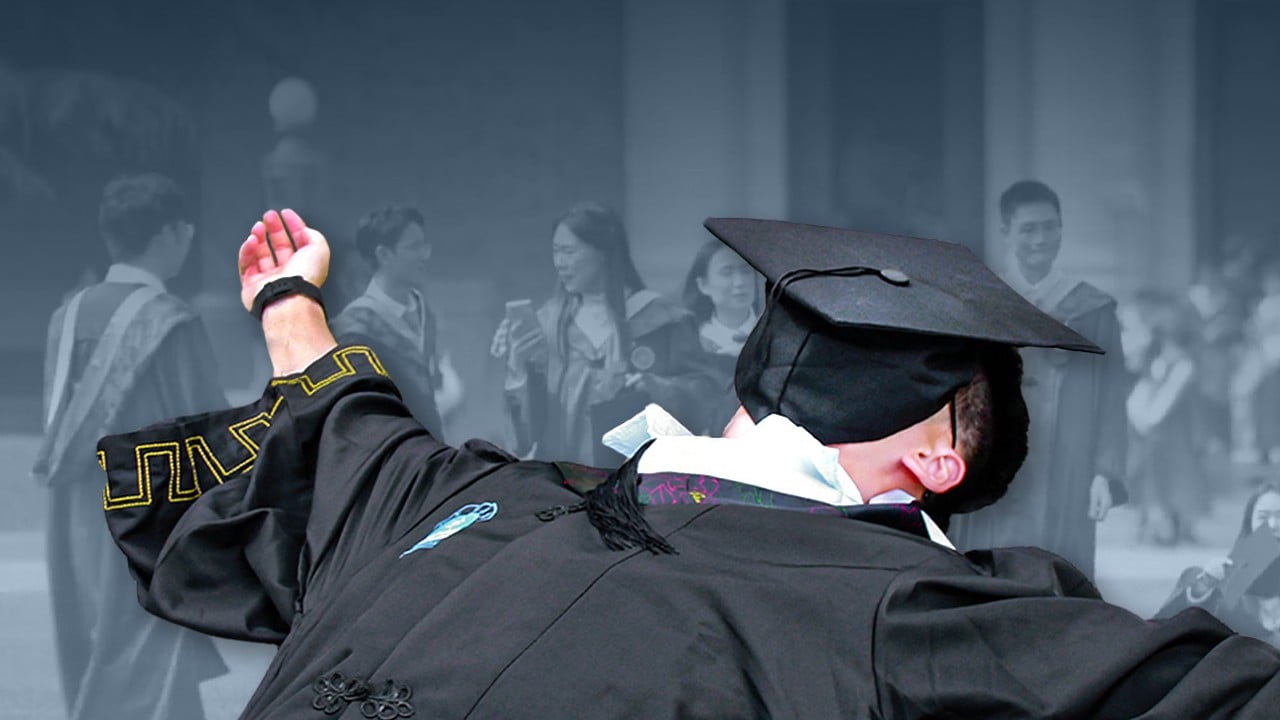
Hong Kong needs all hands on deck to prevent suicide and create a brighter future for our youth
- Youth unemployment and a lack of upward mobility are two of the factors causing hopelessness. It is time to rethink the challenges around mental health and release community resources to tackle the challenges keeping people from mental wellness
Today is World Suicide Prevention Day. Suicide has become a major public health issue, and an international collaborative effort is required to reduce the number of deaths. Each year, more than 700,000 people die of suicide globally.
Hong Kong experienced a significant increase in its suicide rate last year, up 18 per cent from 2021 to a rate of 14.5 per 100,000 people. Of particular concern is the rise in the suicide rate among young people, which increased from 6.2 per 100,000 people in 2014 to 12.2 in 2022.
In particular, a sense of hopelessness has been prevalent among young people. Some have been struggling and cannot see a way out of their difficulties. Many simply give up. The medical and health service gaps for young people suffering from undetected and untreated mental disorders need to be dealt with immediately.
Early treatment would be useful. However, the importance of social determinants can be overlooked at times. The suicide rate among unemployed young people was 15.5 times higher than that of those who were employed. Among the employed, lower-skilled workers had a rate almost 4.4 times higher than that of professionals. The outlook for lower-skilled and unemployed young people in Hong Kong and elsewhere is bleak.
‘Listen to your inner silent scream’: Hong Kong mental health recovery stories
It is time to rethink the challenges around mental health, reassess our priorities and release community resources to tackle the challenge. The theme of this year’s World Suicide Prevention Day, “Creating Hope Through Action”, reflects the need for collective action to address this urgent public health issue.
All of us can act to prevent suicide. It takes more than medical treatment; we need a societal movement to help those who are less well-off.
Training and education are the most important elements for the future of young people, to break the chain of intergenerational poverty; they provide the necessary skill sets to prepare youth.
There should be stricter regulations around financial institutions lending money to young people, and we should promote responsible corporate behaviour to protect the vulnerable. Parents also need to spend more time with their children to nurture their relationship.

The voice of young people has not been heard, even on issues that directly concern them. They have rightly taken the stance of “nothing about us without us”, that is, nothing should be decided without the full participation of those affected.
This can help lead to behavioural change through self-help or seeking professional help. We can all take time to reach out and start a conversation with those around us if we notice something is different. Every action, however simple, can connect someone to life and the help they need.
Preventing suicide requires us to become a beacon of light to those in pain. With persistence and by keeping hope alive, we can weather the challenges that life throws at us and society can be better tomorrow.
Paul Yip is director of the HKJC Centre for Suicide Research and Prevention at the University of Hong Kong and a national representative of the International Association of Suicide Prevention


